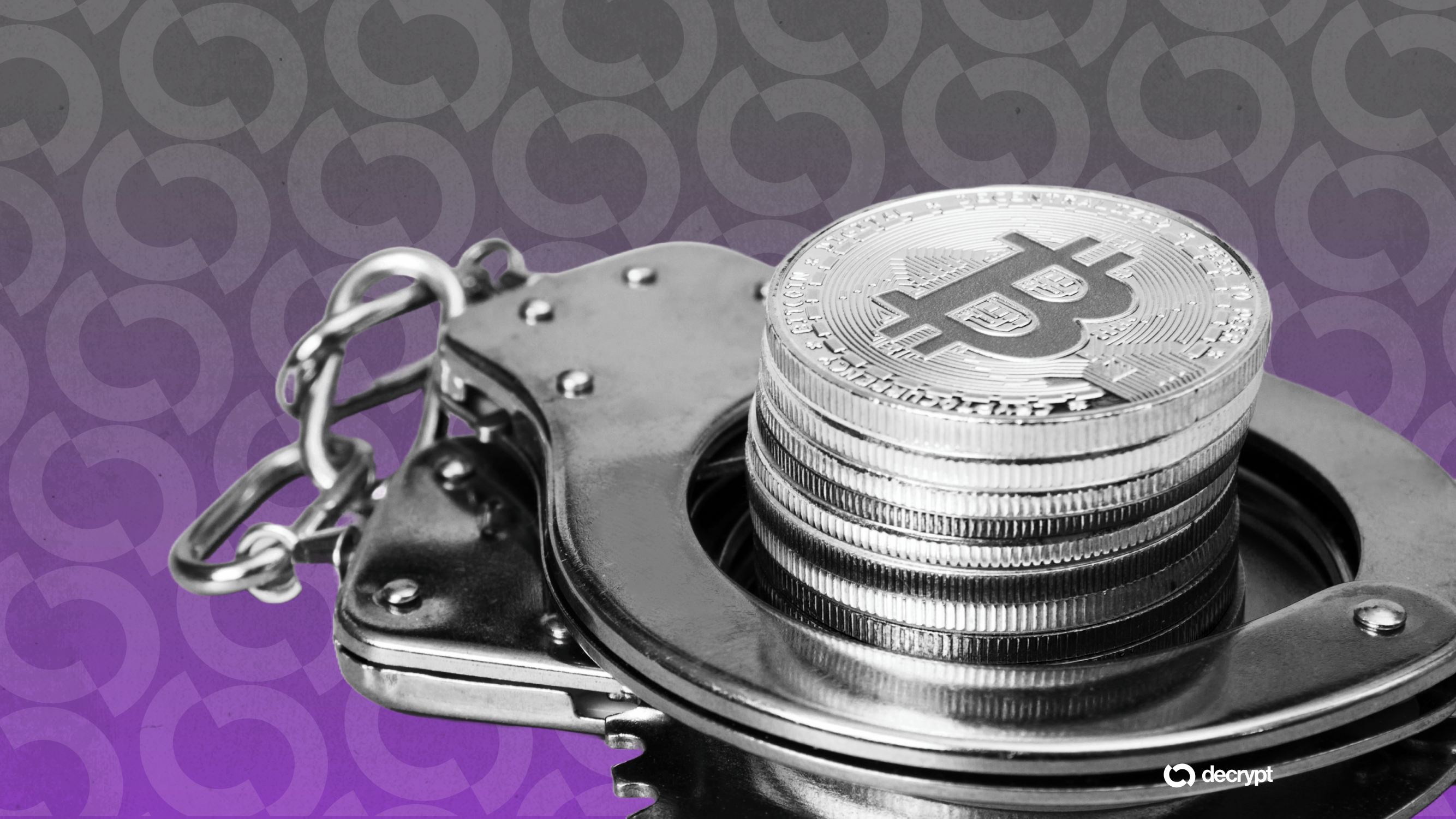Western Balkan Crime Rings Embrace Crypto—Because Even Crooks Love Bull Markets

Forget offshore accounts—organized crime in the Western Balkans is going full degen. A new NGO report flags cryptocurrencies as the region’s hottest new tool for money laundering and illicit deals.
Why it matters: When even Balkan crime syndicates are hodling, you know crypto’s gone mainstream. Though regulators will likely use this as another excuse to delay ETF approvals—because nothing screams ’financial innovation’ like clinging to SWIFT transfers from 1973.
A growing problem
GI-TOC’s latest bulletin suggests that illicit usage will continue growing in the region, given that local authorities are struggling to keep up with such usage in terms of regulations, technical expertise and cross-border cooperation.
“Currently, only three out of six Western Balkan countries have adopted laws on digital assets, and implementation has yet to begin in one of them,” explained Djordjevic.
The three countries Djordjevic is referring to here are Albania, Serbia and Kosovo, the latter of which introduced cryptocurrency legislation in November—but the bylaws necessary for implementation have not yet been adopted.
“Although the EU’s MiCA regulation offers a path toward stronger oversight, full and consistent implementation across the region remains challenging, as the Western Balkans are not yet part of the EU,” he added. “Until regulatory and enforcement capacities are strengthened, the region will remain vulnerable to illicit crypto activity.”
As mentioned above, the Western Balkans has only three documented cases of crypto seizure, all of which occurred in the last couple of years.
The most recent of these involved the seizure of assets belonging to an Albanian crime syndicate, which was the target of an operation between November 2024 and January 2025.
Working in conjunction with an unidentified stablecoin operator and a major crypto-exchange, forces from Albania, Belgium, the Netherlands, Spain and Europol seized the gang’s cash, bank accounts and other property, including hardware wallets containing $10 million in cryptocurrencies.
Playing catch-up
However, such examples are still few and far between, and for Djordjevic and GI-TOC, the situation won’t improve until the region’s authorities catch up with the pace of change.
This not only means that governments should “adopt and enforce clear regulations” for tracing and seizing illicit crypto, but that law enforcement must “invest in advanced blockchain tools” and specialized training.
“Implementing FATF recommendations and EU rules on crypto remains key, particularly for countries previously on the FATF grey list,” Djordjevic said, adding that closer cooperation with Europol, Interpol and other national agencies is also a necessity.

